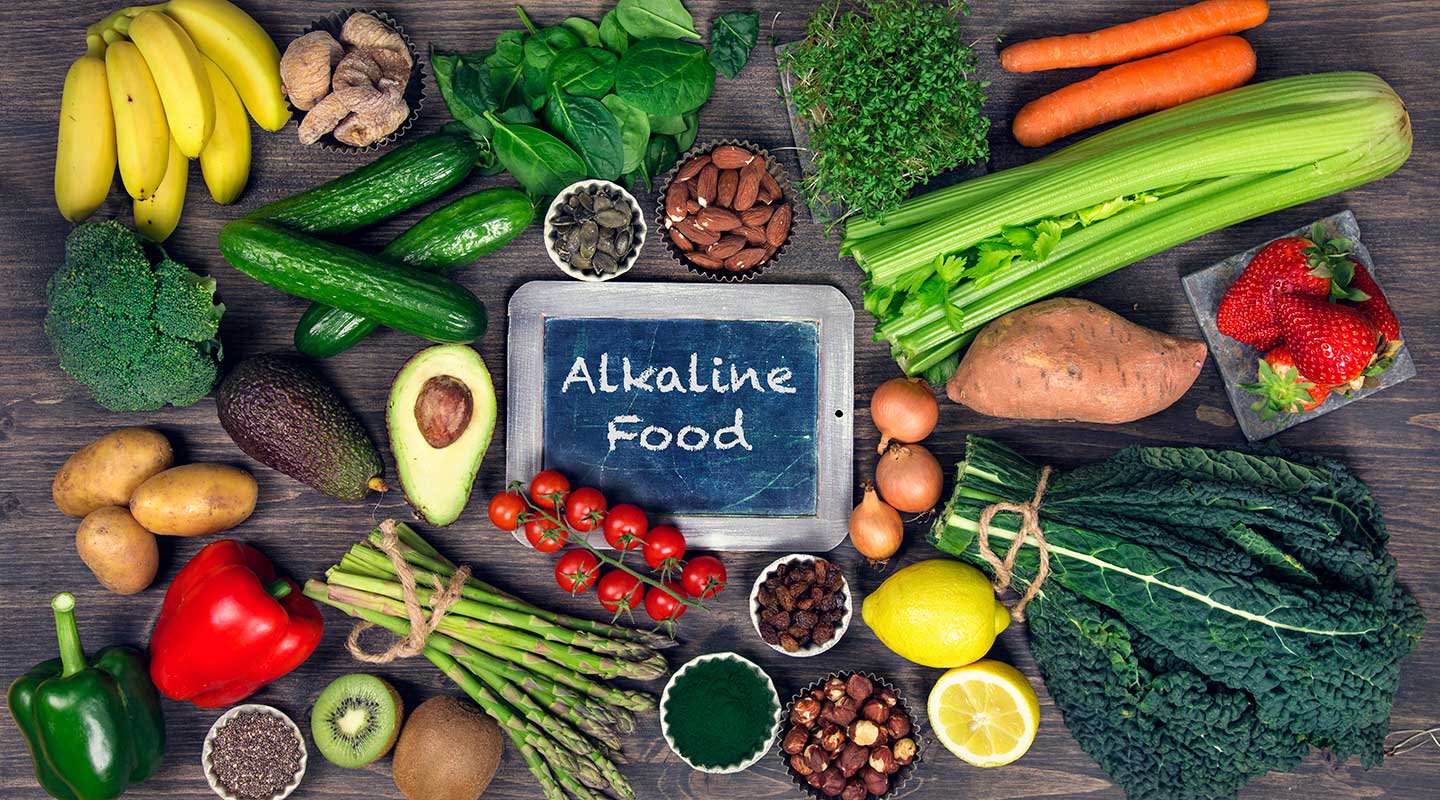Cassie has been researching diet for years. She discovered the Alkaline Diet. She found and wrote about the Paleo diet. She followed leaders in the Low Carb diet. And now she is studying the PKD diet. The what?!?
I’ll give you the links for you to take a look yourself after this section on what the originator of the diet (Dr Zsofie Clemens) says about alkaline balance. I should add that she takes her observations from her clinic’s own studied and observations of the results of 10,000 patients. She is responding to an article by Dr. Lauren Cordain, and you’ll see this in this quote.
5 Points about Alkaline Balance ~ as we know it.
My underlines
1. All forms of nutrition contribute to net acid production. That is, your claim that the consumption of plants and / or carbohydrates is different from the consumption of meat and fats in terms of the direction in which the acid-base balance shifts is untrue.
The amount of carbon dioxide produced in the cells is important when it comes to the question of acid-base balance; it depends largely on the amount of food you eat. As in the PKD diet, and any other diets causing ketosis, patients take in smaller amounts of food than in the popular Paleo or Western Diet, thus Ketogenic Diets are less demanding for our buffer systems.
This is a very simple mathematical interrelation: the compensation reserve is much bigger during ketosis.
We should mention that starvation also causes net acid production as the breakdown processes of the own reserves persist.
2. The breakdown of each protein / amino acid would move the acid-base balance of the plasma into an acidic range, in case of both animal or vegetable protein.
Veterinarians are well aware, for example, that the feeding of otherwise grazing animals with cereals, due to the extreme amount of plant protein load, can cause metabolic acidosis and even the death of the animal. Without meat and fat!
In humans, for example, high acidic shifts are caused by the following plant nutrients: cereals, plums, nuts, peanuts, legumes, almonds, biscuits, pastas.
This category also includes fruits, vegetables and dairy products. High carbohydrate intake also increases the production of acetic acid and lactic acid.
Animal and vegetable fats are mostly in the neutral category.
3. Carbohydrate consumption, especially when associated with anaerobic physical exercise (glycolysis), increases the level of intracellular and plasma lactate, thus also pushing the plasma pH into the acidic range.
In case of high carbohydrate intake, the accumulation of bacteria’s metabolic products would also push the blood into the acidic end of the pH scale, as bacteria produce L-lactic acid as well as D-modifications, which the liver is unable to convert into pyruvic acid, but its acidic character prevails.
This is a constant burden on the body’s alkaline reserves, which can be seen from the decrease in the urine base excess of urine. There are many top athletes who did not win competitions as a result of this process.
4. The pH depends greatly on metabolic intensity, which is clinically the most testable in TSH levels. In ketosis, the metabolic intensity is 2-3 times lower than in case of carbohydrate-based nutrition.
5. When ATP is produced from fatty acids and ketone bodies in the mitochondria (rather than from glucose in the plasma), it significantly reduces the number of hydrogen ions in the plasma and in the intracellular space by operating a nanomotor containing ATP synthetase, and, therefore, it can be considered to be a powerful buffer system.
___________________________________________Ian: There are some big words there, but my reading is that our Doctor Young derived ideas about acidity and alkalinity may be fundamentally wrong.
There's a lot more in her letter, including some myth-busting assertions about fruit.
I’m not making any conclusions to this one.
I’d prefer to ask “What do you think?” ..and before you answer.. keep in mind that everything she has said comes directly from her personal experience of ten thousand patients. She is not making assertions based or rat or invitro studies. just observed facts.
Here is her full letter to Dr Cordain

